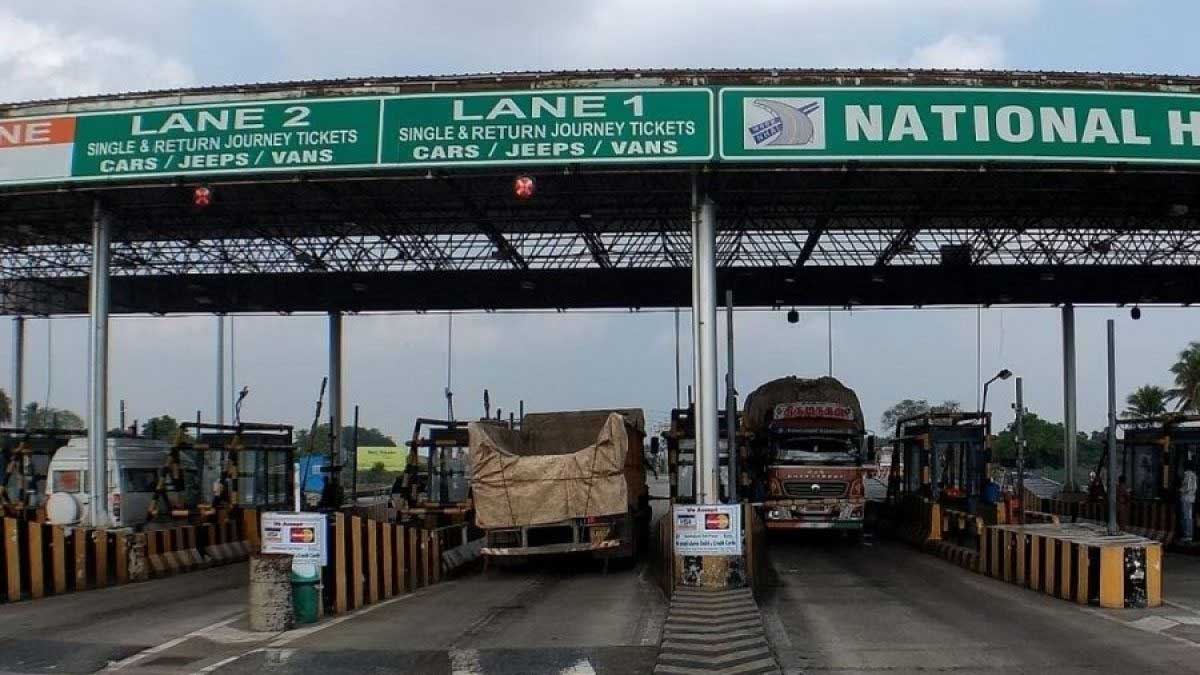Wing Commander Mahesh Chander Sudan (Retd)
We, the citizens of India, are increasingly experiencing public frustration at toll plazas across the nation. This has resulted in temporary waivers of toll fees, relocation of toll plazas, and, in some instances, the permanent removal of toll plazas established in violation of the National Highways Act of 1956 and its amendments. The Act was instituted for two main reasons: to develop, maintain, and manage National Highways while also regulating vehicle operations on these roads for optimal management. It includes provisions that empower the Government of India to acquire land for public road construction as stipulated in Section 3 of the Act. This acquisition process should be officially notified in the Gazette, ensuring that fair compensation is provided to landowners as per legal requirements. Despite these procedures, public dissatisfaction continues to grow, even with established protocols for land acquisition, funding from the public treasury, maintenance of valuable road infrastructure, and regional development that not only enhances road connectivity but also promotes economic growth and job creation in rural areas.
It is undeniable that such projects can impact rural landowners, yet they also promise growth and development, introducing diverse opportunities for future asset accumulation in both the public and private sectors. Public discontent often stems from the local administration’s mismanagement, delays in compensation, negligence in securing local employment from contractors, inadequate resettlement measures for affected populations, and the allocation of alternative lands to ease the grievances of rural citizens, who are often compelled to relinquish their ancestral lands. Additionally, the repair and restoration of existing infrastructure disrupted by new road works are frequently not prioritized, leading to transportation challenges for local residents. Security concerns also arise due to increased access to rural areas, making them susceptible to crime and anti-social behavior. The compensation and resettlement processes for affected communities often become contentious issues, highlighting that adherence to the provisions of the National Highways Act of 1956 is crucial for timely and efficient project completion.
The National Highways Act of 1956 outlines the necessary procedures for notifications, requisitions, compensation, maintenance, and operationalizing these highways to ensure public transportation connectivity across the country. The Act consists of ten sections, with Section 3 addressing vital aspects of highway management and the public grievances often associated with it. Diligent implementation of these provisions can facilitate the amicable resolution of public issues, fostering the smooth operation of national highways.
Section 3 details the designation of competent authorities, official notifications, responsibilities of these authorities concerning specified areas, and the treatment of land and property integrated into the highway system. Subsections A to J cover other significant topics, including land acquisition, surveying, handling objections, and several other related matters. This discussion highlights the public concerns that lead to occasional road blockages and unrest nationwide. A key area of contention is transparency in land acquisition, timely payment of compensation, reasonable toll fees charged to the public, and effective implementation of these fees for the day-to-day operation of national highways.
In the interest of the public, it is vital to review Section 7 of the National Highways Act of 1956, which grants the Central Government the authority to issue official notifications regarding toll charges for services related to ferries, bridges, and tunnels with costs exceeding twenty-five lakhs. The Central Government can establish rules for setting these fees, which are usually collected as toll taxes. The collection process, often put out for auction, leads to human involvement that increases the risk of corruption and compromises. There is a strong need for transparency and inclusiveness in determining toll fees and maintaining reasonable distances between toll points. It is crucial to prioritize the restoration of disrupted road infrastructure, especially concerning the agricultural economy of those affected.
Enhancing road infrastructure is fundamentally linked to the country’s economic growth and development. It remains a priority to construct highways while utilizing land resources for broad public benefit, though this must be balanced with the responsible use of agricultural land. Landowners often suffer the most, facing the potential loss of their sole livelihood. This reality calls for a compassionate approach towards these stakeholders to ensure the rural economy remains intact. Furthermore, national infrastructure development generally bolsters rural economies, contributing to agro-industrialization, modernizing agricultural practices, and improving access to education and healthcare services. A balanced and inclusive approach is essential for facilitating a smooth transition among all stakeholders and ensuring optimal use of national resources. Jai Hind, Jai Bharat.


Leave a Reply